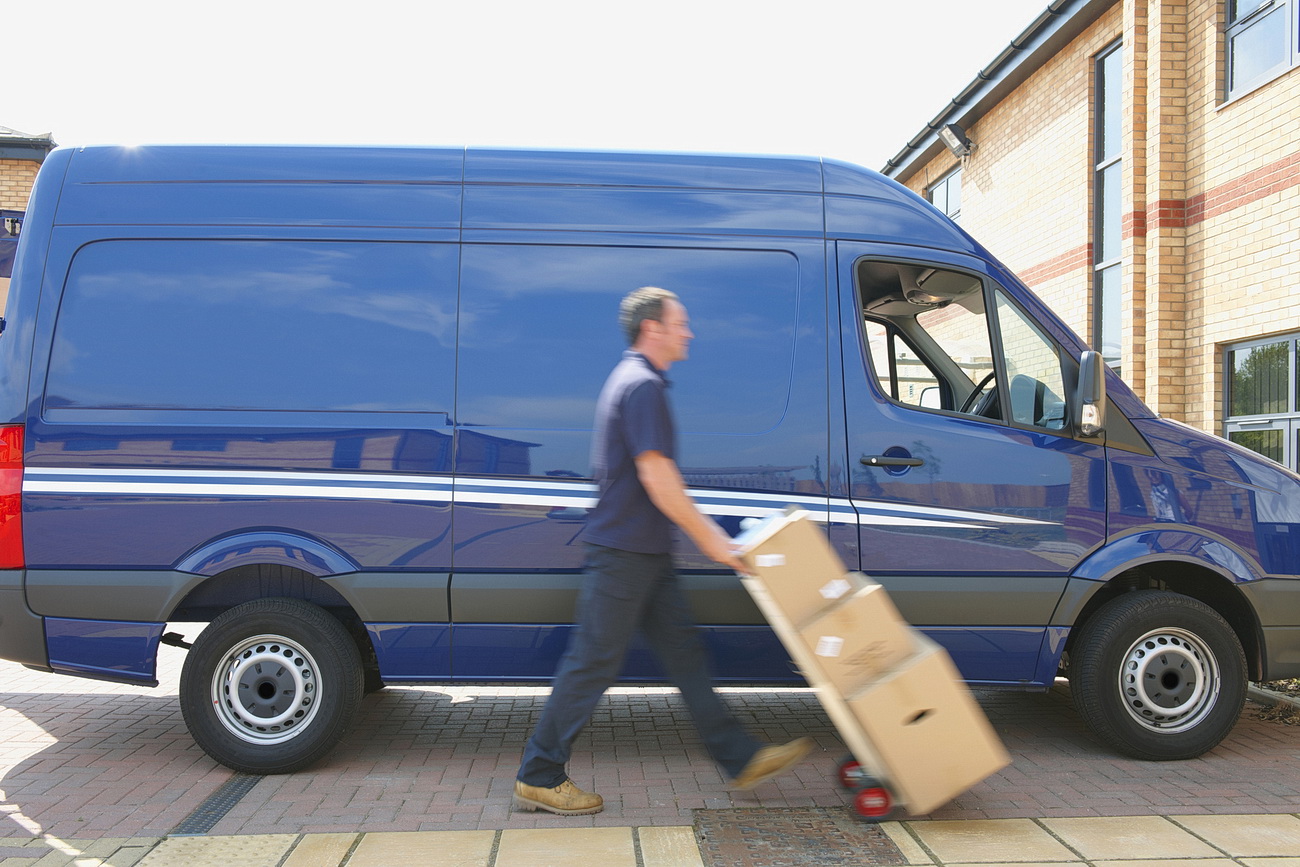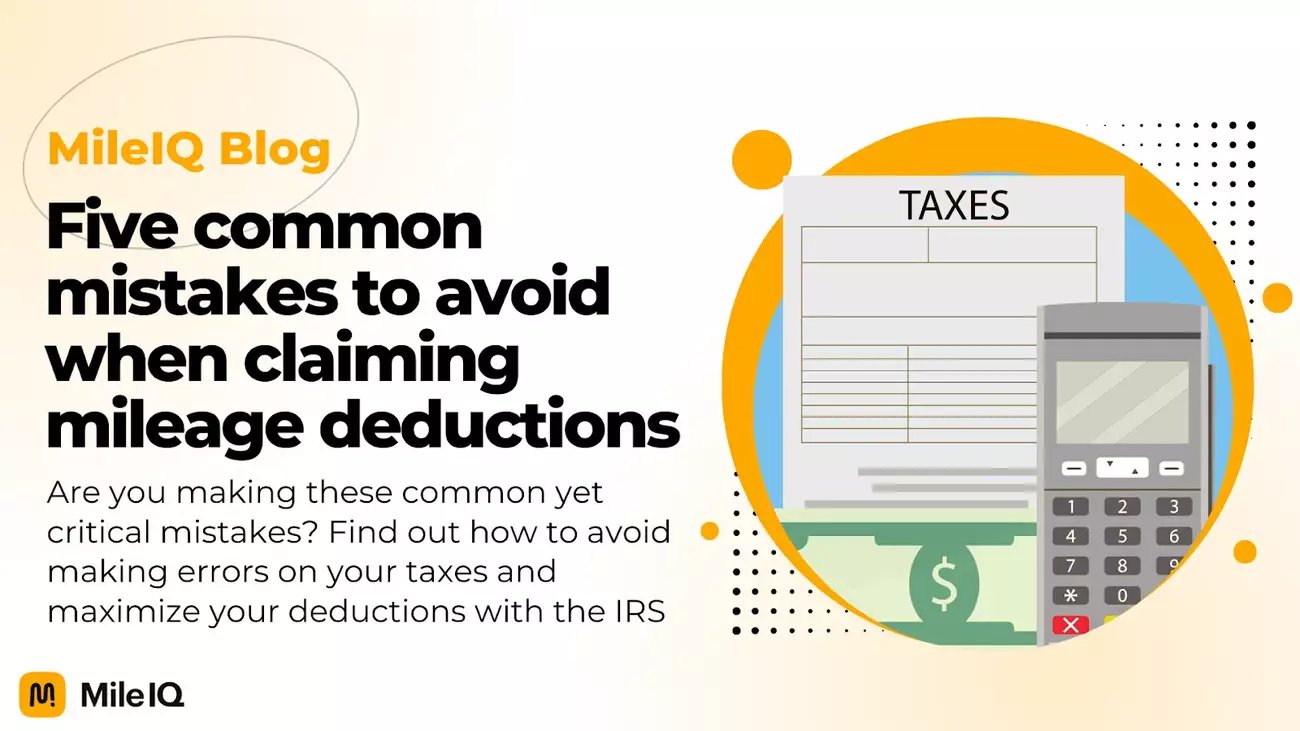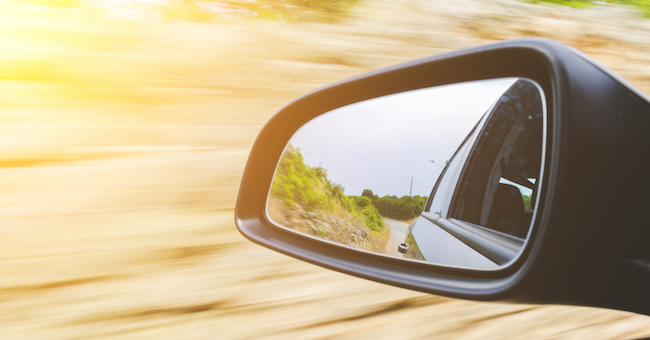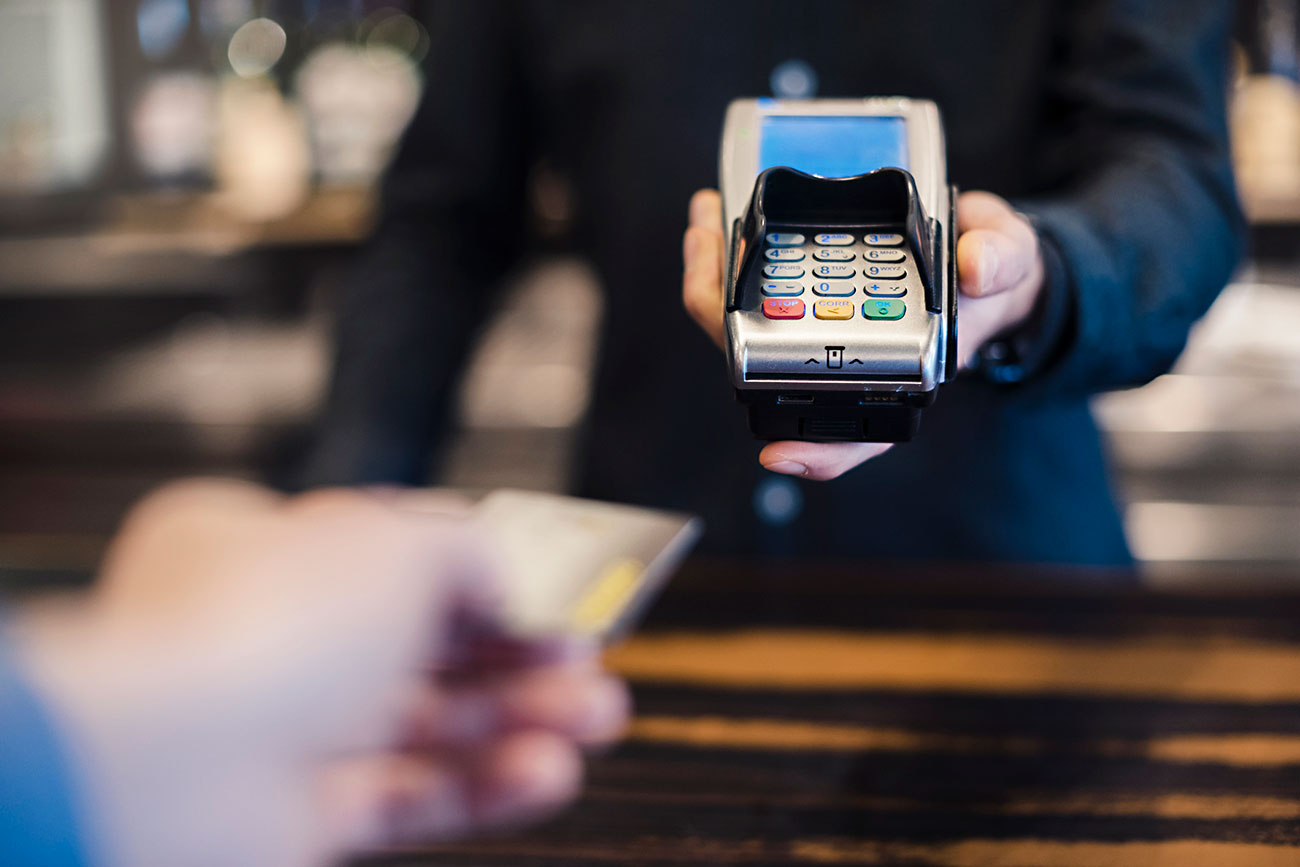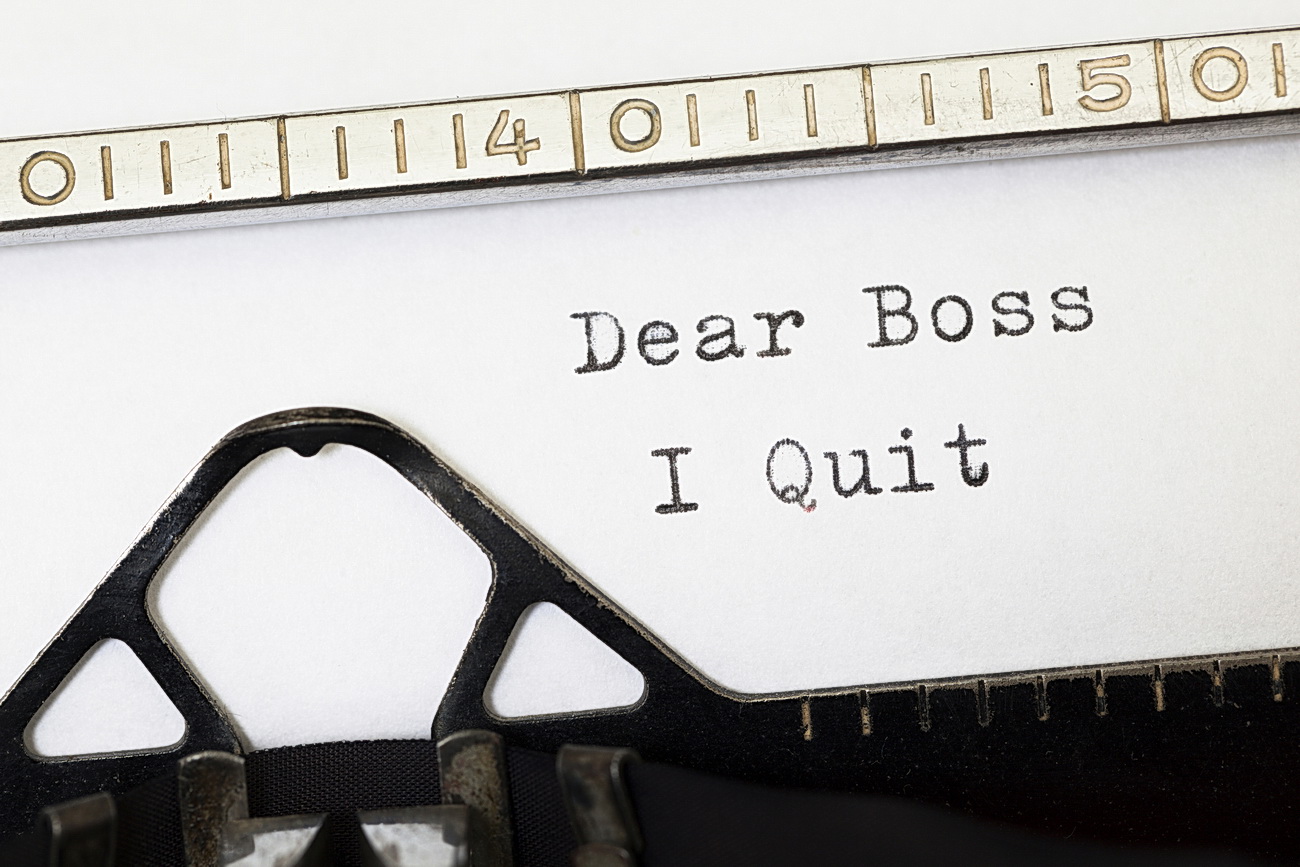You're in business and have a company car or other vehicle. When you sell or ‘dispose of' it, will the money count as taxable income?
Disposing of assets
If you claimed capital allowances when you first bought an item for your business – which would include a car or other vehicle – you should include the value, or sale price, in your accounting figures for the relevant period when you disposed of' it.What counts as ‘disposing of' your asset?
- Selling it
- Gifting it or merely transferring it into new ownership
- Swapping it
- Getting compensation for it – such as an insurance payout
- Keeping it, but not for business use
- Using the vehicle outside of your business
Note that this doesn't apply if you give the car to a charity or community amateur sports club.
What's the business vehicle's value?
The value of the car is essentially its selling price. If you gave the car away or stopped using it for your business, or you sold it to a ‘connected person' for less than it was worth, then use the market value.If you bought the car from a ‘connected person' or a business connected with yours for less than it cost them, the value would be the figure it cost them.
What are connected people?
‘Connected people' include:
- Your spouse or civil partner and their relatives
- Relatives and their spouses
- Business partners and their spouses and relatives
Your company is connected with another business if you:
- Control them both
- Have a connection with someone who controls the other company
- Are part of a group that controls both companies
What if you originally claimed 100% of the business vehicle's purchase price?
You should add the total amount of the sale price to your business profits if you satisfy both of the following criteria:
- You first claimed the vehicle's full purchase price under annual investment allowance (AIA) or first-year allowances.
- You don't have other assets in the pool that meets qualifications. A pool is a group of assets that are eligible for a specific capital allowance rate.
For example, cars with CO2 emissions of more than 130g/km would fall into the particular rate pool, which attracts an 8 percent rate.HMRC refers to this as a ‘balancing charge'.
What if you have a balance in the pool where your business vehicle qualifies?
You should deduct the full value from that pool if:
- You initially claimed 100% of the item.
- You have a balance in the pool your item qualifies for.
- If the value is more than what's in your pool, add the remainder to your profits in your tax return as a balancing charge.
Any balance left? You'll be able to claim writing down allowances on it.
What if you used writing down allowances when you bought your vehicle?
If you used writing down allowances when you first bought the car, deduct the value from the pool from where the vehicle was initially added. Whatever's left over is the amount you'll need to calculate your next writing down allowance.
You can claim a capital allowance (called a ‘balancing allowance') on any amount that's left for items in single-asset pools.If whatever you deduct is greater than the remaining pool balance, add the difference to your profit as a balancing charge.You can only get a balancing allowance in your main or special rate pool when you close your business. You can get a balancing charge in any pool in any year.
What if you make a profit?
If you bought the business vehicle from a ‘connected person' for less than they paid for it, take away the smaller of the amount you sell it for or what it cost them.Then add the difference to your profits when you complete your tax return if the value of the car is more than what's in your pool. This result is our old friend the balancing charge.
And if you shut down the business?
In the tax year when you wind up your business, instead of claiming capital allowances, enter a balancing charge or a balancing allowance on your tax return.







